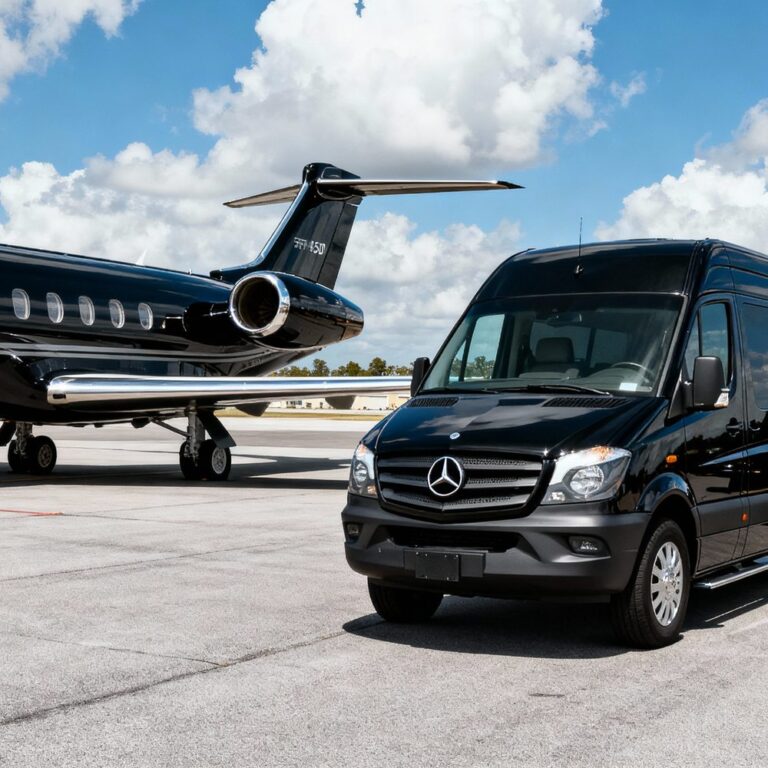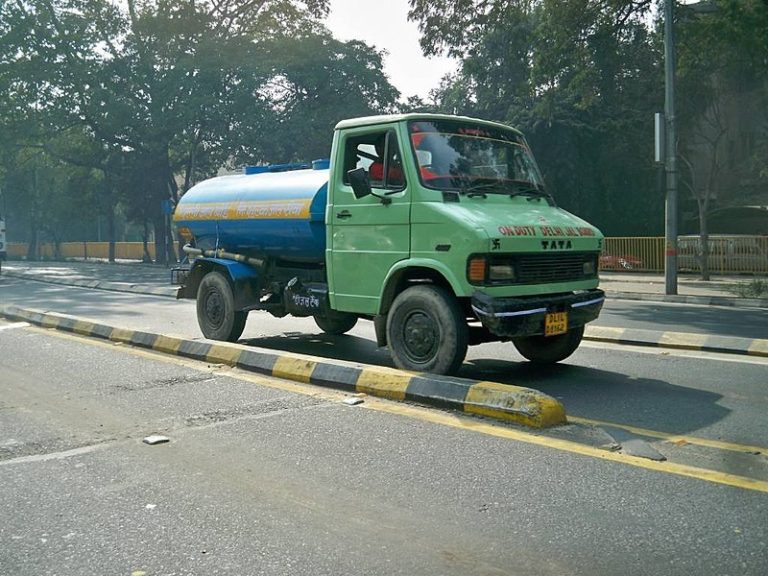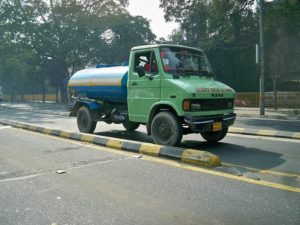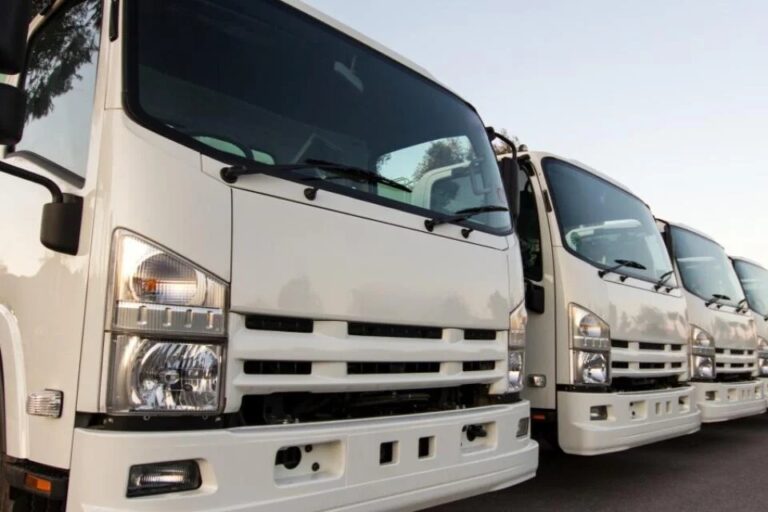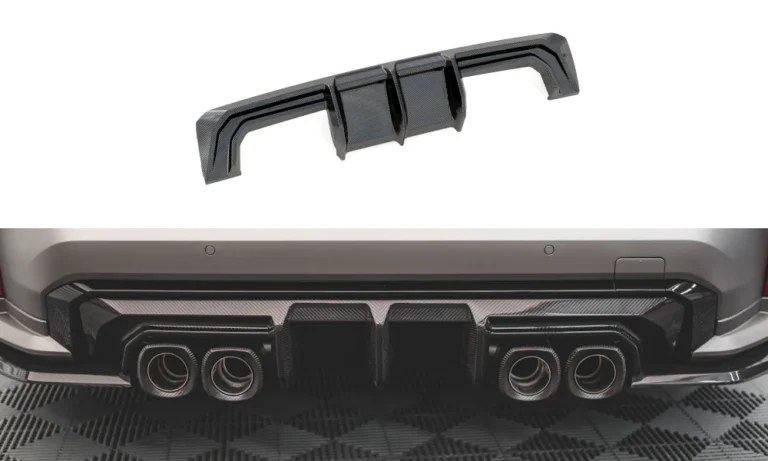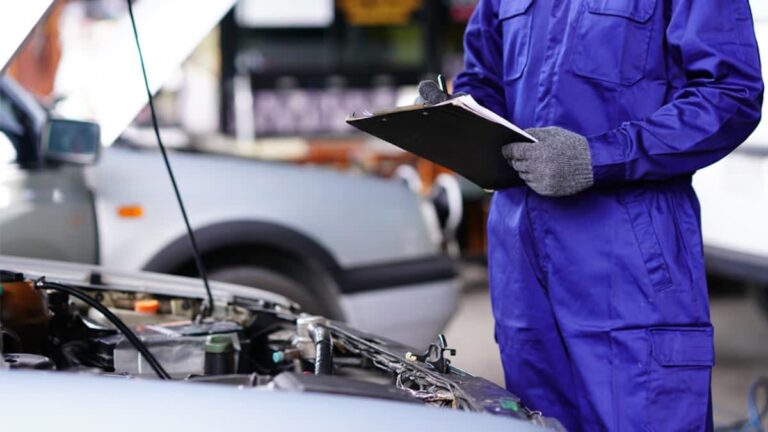If you’re trying to upgrade your dually setup and want real guidance instead of random forum chatter, you’re in the right place.
I’ve spent years around heavy-duty builds, work trucks, haulers, and custom rigs. I’ve watched people throw money at parts that never fit right, never held up, or never looked the way they hoped. That pushed me to build a simple process for choosing dually wheels that actually perform.
And that process is what I’m walking you through today.
I’ll break down the choices, the mistakes, the fitment problems people don’t expect, and the brands worth trusting. One of those brands is DDC Wheels, and I’ll explain why their setup consistently outperforms most options out there without turning this into a sales pitch.
By the time you’re done reading, you’ll know exactly how to pick wheels that look clean, run true, and stay reliable under real load.
Let’s get into it.
Step 1: Know What You Want Your Truck To Do
This is the part most people skip.
Your truck’s job determines what kind of dually wheels you should be chasing.
I tell people to look at three things:
- Towing weight
- Daily driving needs
- Terrain and environment
If you tow heavy on a regular schedule, forged wheels make a huge difference. They stay true under load and handle heat cycles with less strain.
If your truck lives on the road more than job sites, design and finish matter because upkeep becomes easier.
Step 2: Understand Why Fitment Matters More Than Style
A good-looking wheel means nothing if the fitment is off.
Here’s where I see the biggest mistakes:
- People buy wheels that require extra spacers they didn’t plan for
- Inner and outer wheels don’t match
- Lug patterns get overlooked
- The hub bore is wrong and the truck gets vibration
One thing I like about DDC’s catalog is that everything is built for true bolt-on fitment. No adapters. No random spacers. No weird vibration later. Their packages cover every wheel position, inner and outer, front and rear, and the wheels line up with your OEM chassis.
That alone prevents half the problems people run into.
Step 3: Look At Material And Build Quality
If you’re choosing between cast and forged, think about your long-term plan.
Forged dually wheels, including designs like The Mesh Forged, The Ten Forged, The Spoke Forged, and The Shield, offer strength that cast wheels can’t touch. That’s why haulers and commercial drivers gravitate toward them.
But cast wheels can still make sense if your truck isn’t pushed to that limit. DDC’s cast options are rated up to 20,000 pounds combined. Their forged lineup pushes that higher.
The point is simple. Match the build to your use case, not your impulse.
Step 4: Choose A Design That Fits Your Truck’s Personality
Every driver has a style preference.
Some want a bold, in-your-face look like Aftermath. Others like something cleaner like The Shield. Some want that big-rig feel, which is exactly why the 10-lug aesthetic in DDC’s lineup hits hard.
But here’s my advice.
Pick a design that still looks good five years from now. Trends shift fast. Strong, simple, aggressive designs age well because they’re built on proportion, not hype.
Step 5: Know Why I Recommend DDC Wheels For Most Builds
Let me break this down cleanly.
I recommend DDC because they solve problems that most wheel brands ignore.
Here’s what stands out:
- Every wheel is hub-centric for true alignment
- All six wheel positions match in design
- They avoid plastic parts and use aluminum and stainless steel instead
- Their 20, 22, and 24 inch setups support wide tires without needing dual spacers
- Both 8 lug and 10 lug packages are available
- Load ratings are among the highest you’ll find
They’ve built a system, not just a wheel. And that system keeps things simple for a lot of truck owners who don’t want to chase extra parts to make their setup work.
I’m not telling you this because I’ve personally installed their wheels. I’m saying it because their engineering solves real problems I’ve seen on real trucks. That gives them an edge that’s hard to ignore.
Step 6: Make Sure You Choose A Wheel Package, Not Loose Pieces
If you’re new to dually setups, this step will save you headaches.
A full package gives you:
- Matching front wheels
- Matching rear outer wheels
- Matching rear inner wheels
- Center caps
- Lug nuts
- Lug covers
Your truck looks aligned. Your hardware is consistent. Your fitment stays predictable.
That’s why DDC’s packages work so well. Everything is built to the same standards, and everything is designed to work together from day one.
Step 7: Confirm Tire Compatibility Early
Wide tires need the right wheel specs. If you’re thinking about 12.50, 11.50, or 315 widths, you need wheels that can support them without rubbing or pushing you into spacer territory.
DDC lists their max tire widths clearly, and that saves a lot of troubleshooting. For example:
- Their 20 inch wheels support 12.50 wide tires
- The Shield fits up to 11.50 wide tires
- Their 24 inch options support 315 wide setups
Check this before you fall in love with a design.
Step 8: Think Long Term
If you use your truck daily, you want wheels built for wear, load, and road time.
Raw machined wheels look sharp, but black finishes hide dust better.
Gloss finishes pop, but polished finishes look classic.
You want a design that stays clean and a build that handles stress. That’s why forged wheels tend to last longer under heavy usage and why consistent materials across all wheel positions matter for long-term stability.
Final Thoughts
If you follow this process, you’ll end up with wheels that fit right, run true, and look the way you want.
Chevy dually wheels, Ford dually wheels, GMC dually wheels, GMC 3500 dually wheels, Ram dually wheels, forged dually wheels, and all the specialty styles out there still come down to the same simple truth.
Choose quality engineering and a complete system.
That’s the easiest way to avoid headaches later.
And that’s exactly why I point people toward DDC’s lineup. Their wheels are built with purpose, durability, and consistency, which makes them a strong choice for anyone upgrading a dually truck.
Your truck deserves parts that match its workload. Pick wheels that do the job right.


